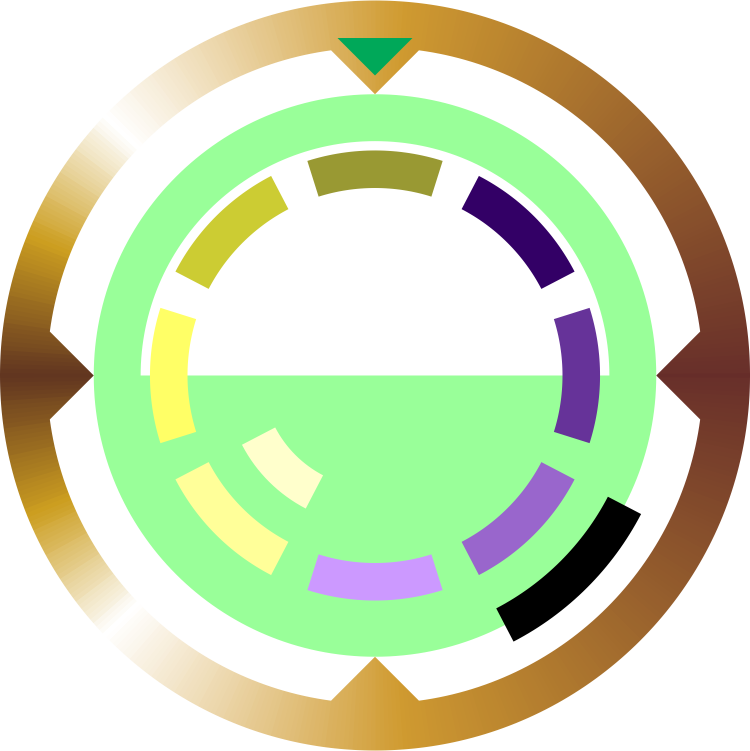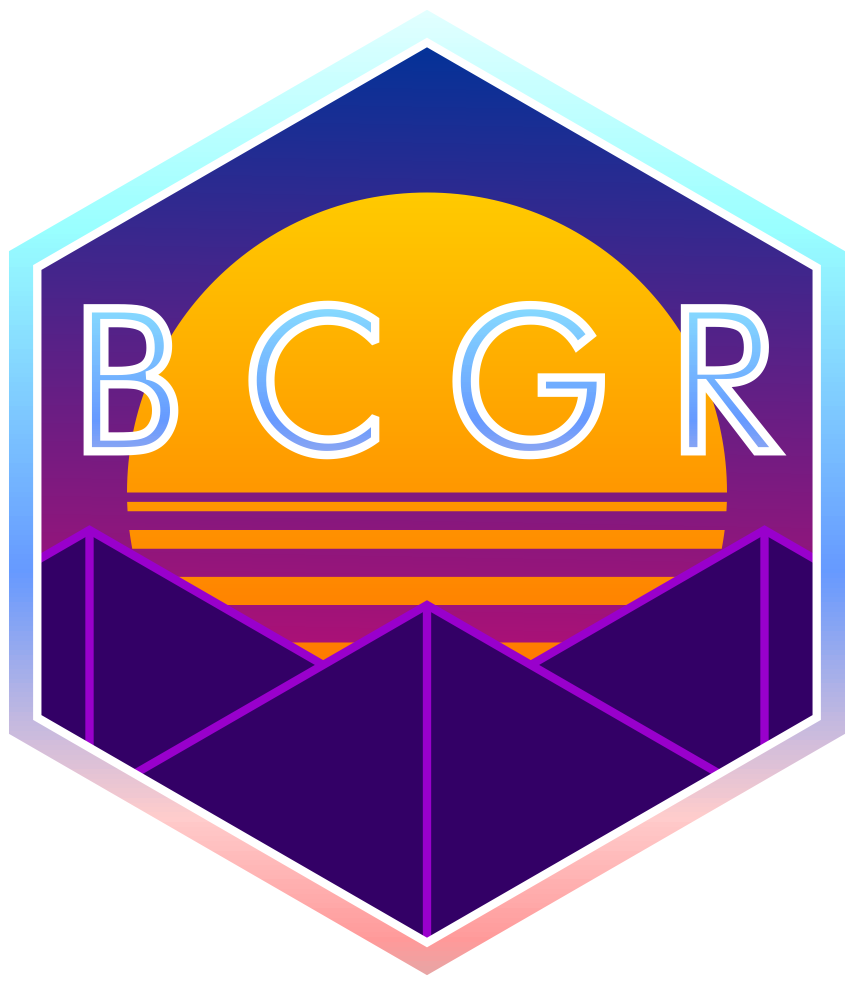Guild Pidgin
Guild Pidgin is a auxiliary language created by the Navigator's Guild as a means of facilitating international trade and Guild contract negotiation. Because it was specifically designed so that it can be spoken by any sentient species within the manifold, it's phonology, being the overlap of all other known languages, is necessarily limited. For example, because an Ovinex cannot articulate rounded sounds, Guild Pidgin does not make use of rounded sounds except as embellishments by individual speakers; similarly, because Valespeak lacks an 'h' sound, Guild Pidgin does not utilize that sound either. What Guild Pidgin lacks in phonological diversity it makes up for with nuances in matters of spatial, mathematical, and economic concepts. Because it is a professional language in addition to being a trade language, Guild Pidgin is highly logical in its construction. If carefully phrased, Guild Pidgin may even be treated as natural programming language, able to be compiled directly into code recognizable by dieseltech computers running on the Data Engines Limited architecture. Such rigid phrasings, however, are generally regarded as too wooden for interpersonal use.
One drawback of Guild Pidgin is that, as a language constructed for strictly materialistic purposes, it lacks much in the way of artistic expression. Flowery descriptions and emotive statements tend to get lost in translation. Original Guild Pidgin poetry, shanties, and drinking songs do exist to serve the entertainment needs of travelers, but literary critics have remarked that they come across as "overly businesslike," "stolid," and "curiously void of celebratory spirit... like a mild hangover made audible."
Navigation-specific terms and phrases in Guild Pidgin are generally not taught to those outside the Navigator's Guild, allowing for a degree of secrecy between Guild navigators and their NavGuard escorts. Nevertheless, airship and skystation crews are familiar enough with these professionals to passively learn some phrases from this restricted corner of the language.
Successor Languages





Comments